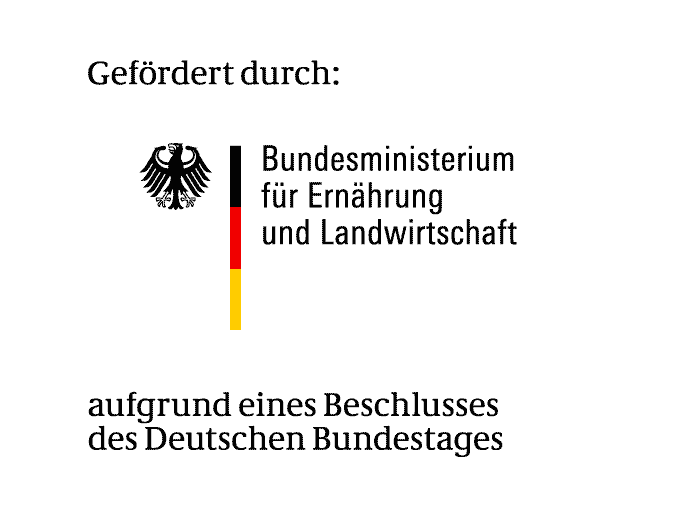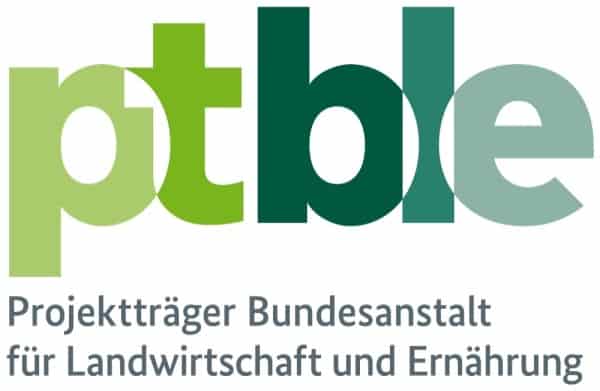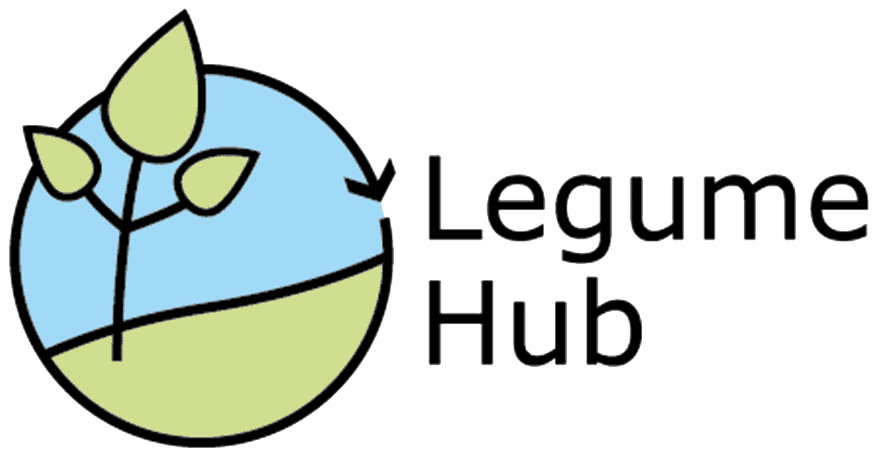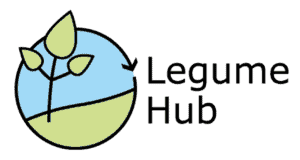DemoNetErBo
The overall aim of this project is to support value chains that meet the growing demand for regionally produced non-GMO protein crops. The DemoNetErBo-network supports expansion and improvement of the sustainable cultivation and use of grain pea and faba bean and improve the value gained by the farmers when growing pea and faba bean.
Project duration: 2016 to 2021
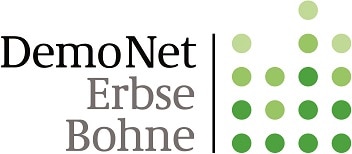
Project consortium
The project is coordinated by Mr Ulrich Quendt, Landesbetrieb Landwirtschaft Hessen. The partners are:
- Landesbetrieb Landwirtschaft Hessen
- Landesforschungsanstalt für Landwirtschaft und Fischerei Mecklenburg Vorpommern
- Dienstleistungszentren ländlicher Raum Rheinland-Pfalz
- Bayrische Landesanstalt für Landwirtschaft
- FiBL-Projekte
- Arbeitsgemeinschaft bäuerliche Landwirtschaft
- Naturland
- Universität Hamburg
- Bioland
- Landwirtschaftliches Technologiezentrum
- Landwirtschaftskammer Nordrhein-Westfalen
- Landesamt für Umwelt, Landwirtschaft und Geologie Sachsen
- Fachhochschule Südwestfalen
Project description
Cultivation of pea and faba bean has been on a rather low and stagnating level in Germany in the past years. This is due to some challenges during cultivation, but also to low economic incentive for the farmers. Starting in March 2016, a knowledge transfer network consisting of 75 farms growing grain pea (Pisum sativum) or faba bean (Vicia faba) is now established in Germany. Around 60% of the demonstration farms are conventional, 40% are organic. Both types demonstrate innovative and practical approaches for the production and processing of pea and faba bean. The farms function as a network and contact points for professional colleagues and their experiences are recorded and used to derive best practices for optimizing cultivation, processing and use of pea and faba bean. They show many examples of how cultivation, processing and marketing can work with an adequate return for the farmer.
DemoNetErBo focuses especially on the development and presentation of legume value chains for feed and food production spanning all levels from breeding to the consumer. The network aims to map the entire value chain. This covers on-farm utilisation as well as downstream utilization through the involvement of actors from trade and the processing industry.
The network further consists of regional authorities, state institutions and agricultural chambers. There are special advisors who provide advice and support to the demonstration farms, organise knowledge transfer and field days as well as farm visits. In addition, other network partners work on scientific issues, for example looking at cultivation and utilization from an economic point of view or assessing ecosystem services from crop rotation effects. Also the qualities of the harvested products are being studied scientifically, in order to evaluate their use as feed or in the processing industry.
Acknowledgements
DemonerErBo is funded by the Federal Ministry of Food and Agriculture on the basis of a resolution of the German Bundestag within the framework of the BMEL Protein Plant Strategy.
